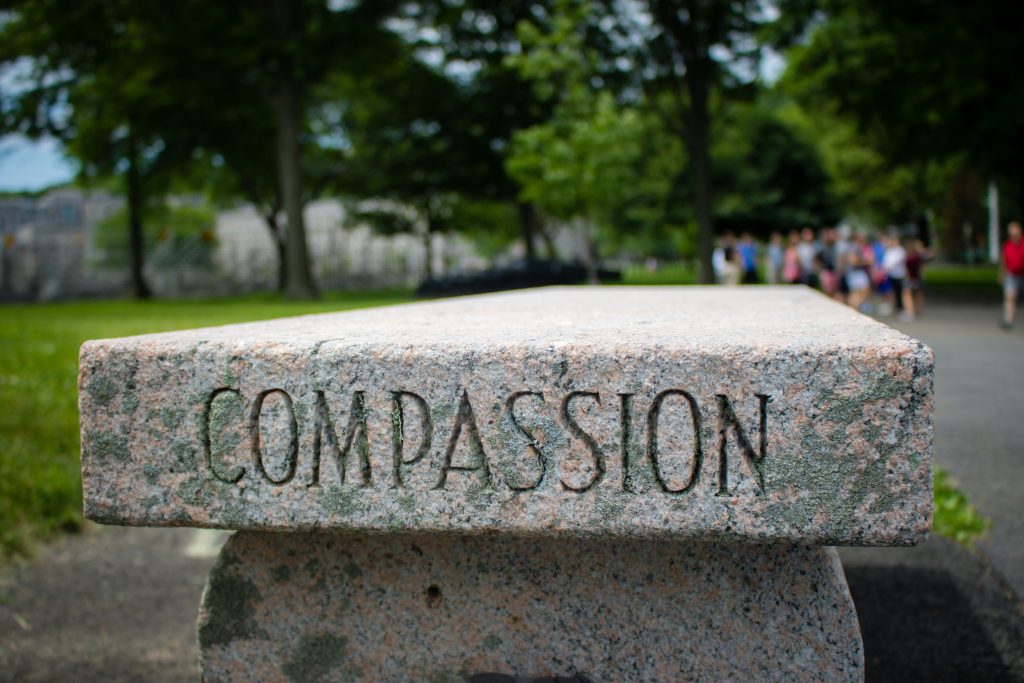One of the most invaluable lessons that I am practicing is, no one does anything to me. What people do is about them. How I perceive their actions or how I react, is about me, my lens. I suffer when I blame others for how I feel. The following statements are client statements when they perceive someone has done something to them. I call them “the how could you do that to me?” accusations.
- I can’t believe they did that to me!
- How could YOU DO that to me?
- If you really cared about me, our friendship, you wouldn’t have done this!
- If it were me, I would have done this

These statements are fully loaded with hurt, blame, assumptions, expectations and should behavior. Sound familiar?
Unpacking these loaded statements can provide new self-awareness. A shift in the lens we view others. Navigating through life situations without blaming others when we are suffering is hard. Yet, for me, reflection, being curious along with a willingness to let go of my beliefs that people need to behave the way I think they should, provides a new insight to myself. The outcome is freedom, inner-peace to be with others in a new way. Some days, I am better at it than others.
Whether interacting with colleagues at work, family members, friends or people in the world, we all react. Sometimes forcefully, other times we are able to let circumstances roll off us. Don’t get me wrong, yes, we do affect others. Here’s the rub, we are responsible for our reactions or responsesdespite how justified we may feel to be unkind. When we get angry at others, that emotional reaction is about us, our lens and beliefs.
Coaching Teams
During a team workshop I was facilitating called, Your Brain at Work, I shared that no one does anything to you. The team response was, “Wait a minute, how can that be true? What if someone yelled a provocative slur at me or a colleague was rude or my friend did something hurtful?” I shared, “if we focus on other people’s behavior, we lose an opportunity to learn something new about ourselves while blaming others for how WE feel. The other person is being who they are which actually has nothing to do with you. Yes, we affect others and are responsible for our actions. What I am offering is a new lens to view your beliefs, reactions, with the intention of being free from assigning blame or assumptions while taking responsibility for your own responses.” My mantra, “at the end of the day, it doesn’t matter what anyone else does, it matters what I do”.
We then took a deeper dive into how our brain informs our behavior, how the lens we view others is informed by the files in the brain which contain beliefs. So, when we are offended or angered by another’s actions, we react according to the brain’s data. We are only able to lead with what we know. Yet, if we are willing to be curious, reflect on our beliefs and assumptions when we are challenged, we learn about ourselves. Then we are able to learn why we are attached to how we need other people respond to us. The rich Team discussion provided an opportunity to raise individual awareness while contracting new best practices.
Compassion is Our Freedom

When we adopt the mindset of compassion without judgment we can slow down our thoughts that spin scenarios that blame others for how we feel. I’m learning that what I feel has nothing to do with what the person chose to do. Now, I pay attention when I experience a strong reaction. If I don’t get curious, be compassionate, the end result can put distance between myself and the other person. Plus, trust can be lost along with an opportunity to deepen of my self-awareness.
When experiencing a strong reaction when coaching teams or in my own life, I am learning to pause before I respond. I don’t send that text or email. And, yes, when I am upset, I wait to have the conversation. If, you’ve tried to talk to someone and no equitable outcome is accomplished due to their perception or even yours, ask yourself, what can you learn about yourself from the situation. Then, try to let go with compassion for yourself and the other person. Researchers have found that honing our compassion skills helps us remain calm in the face of difficult people and situations. As management professor Hooria Jazaieri points out, “there are [negative] consequences…when we are…thinking bad thoughts about someone” — compassion “allows us to let them go.”
“As I get older, the more I stay focused on the acceptance of myself and others, and choose compassion over judgment and curiosity over fear.” — Tracee Ellis Ross


